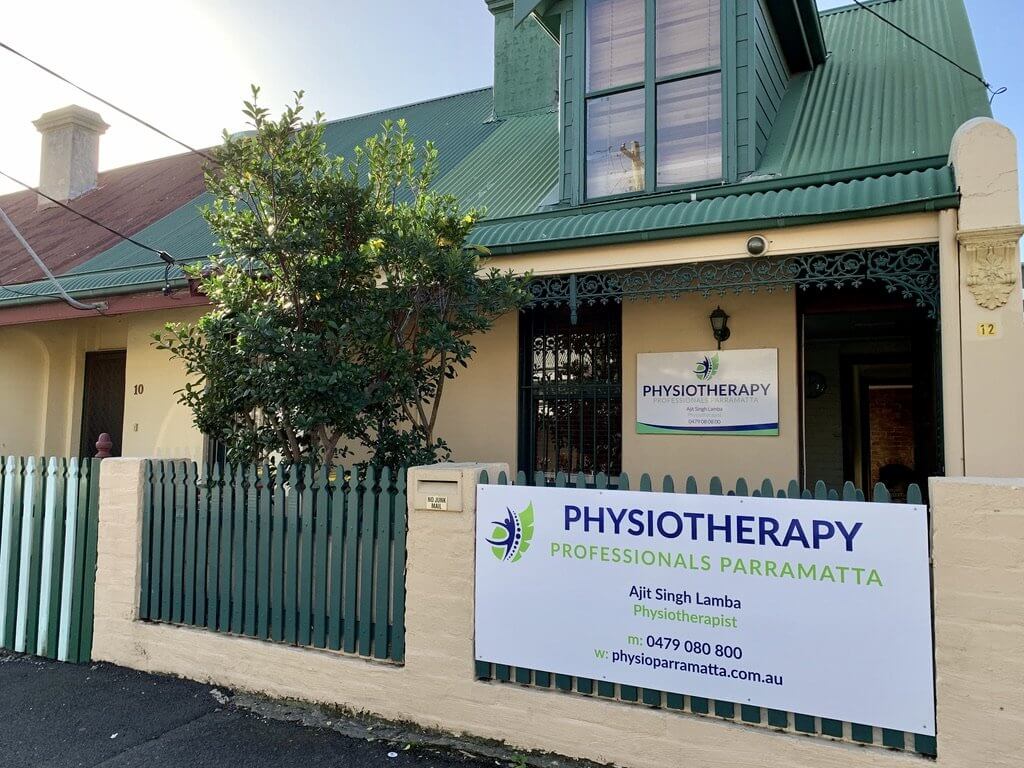Specialized Treatment For Whiplash Physiotherapy

Specialized Treatment For Whiplash Physiotherapy
Whiplash is the most common condition experienced by people after various types of motor vehicle accidents. This includes car accidents, motor bike accidents and truck accidents. Whiplash treatments vary from patient to patient depending on the severity of the injury. Physiotherapy for whiplash is often a common recommendation on your assessment with your GP. Physiotherapy for whiplash can help reduce the symptoms and severity of the condition when used with other treatment methods as well and can reduce the length of time that a patient is affected by whiplash.
What is Whiplash?
Whiplash is a term that describes a range of head and neck injuries resulting from hyperextension and hyperflexion of the spine. Most commonly, this means when your body is moving forward and suddenly stops, your head jerks forward and backwards in a very fast motion. This condition is most often associated with car accidents such as rear end collisions, but any forceful blow to the head or body is capable of causing whiplash.
When this motion occurs, the bones in the neck become an abnormal S-shape rather than a natural curved C-shape. This causes pain, stiffness, and swelling in the neck, face, and head that can get progressively worse and last for weeks before dissipating. There may also be cognitive effects, such as dizziness, memory problems, and difficulty concentrating. In some cases, the effects of whiplash are felt longer or more severely and more aggressive treatments are required.
Whiplash Treatments
Symptoms of a whiplash may or may not improve over time. The symptoms may go away on its own after a few days or a couple weeks with treatment. It should be treated carefully and under the supervision of a Physiotherapist. Basic at home treatment options include using an heat or ice pack immediately after the accident in 5-10 minute intervals, following it after a couple days with a heating pad or hot towel. Over the counter painkillers can also be effective for reducing stiffness and pain. In some cases, a soft foam collar may be beneficial. A physiotherapist can help determine other exercises or treatment methods that will help alleviate whiplash.
It’s important to seek further medical attention if the symptoms don’t disappear in this time period, if the pain spreads to shoulders and arms, or you experience numbness and tingling. Symptoms can dramatically improve with the right medical advice and other treatments like physiotherapy.
Physiotherapy for Whiplash
Various physiotherapy treatments can be used for whiplash to help reduce the symptoms and severity of the condition. Whiplash physiotherapy treatments can include:
- Manual therapy
- Massage therapy
- Tissue manipulation
- Stretches
- Taping and bracing
- Electrotherapy
- Dry needling
- Exercise recommendations
- Posture correction
- Health and lifestyle advice
The earlier the Physiotherapy starts after the event, the better. Physiotherapy is imperative to prevent lasting damage and chronic pain from the condition. Without proper treatment, whiplash can deviate into other more serious conditions, such as chronic whiplash, concussion, joint disfunction, disc herniation, and permanent faulty movement patterns and posture. Physiotherapy for whiplash will help reduce the likelihood of these conditions. If you’ve been involved in a motor vehicle accident resulting in a whiplash recently or are suffering from chronic whiplash, contact us today. We can help find a whiplash treatment plan that is right for you and help you alleviate the symptoms.
Contact Us:
For more information on how we can further assist you, please call our clinic number on 0479 080 800 or send us an email on admin [email protected] for further details. Our Physiotherapists are Medicare, NDIS, DVA and Work Cover approved, specialising in injury management and rehabilitation to get you back on track.

